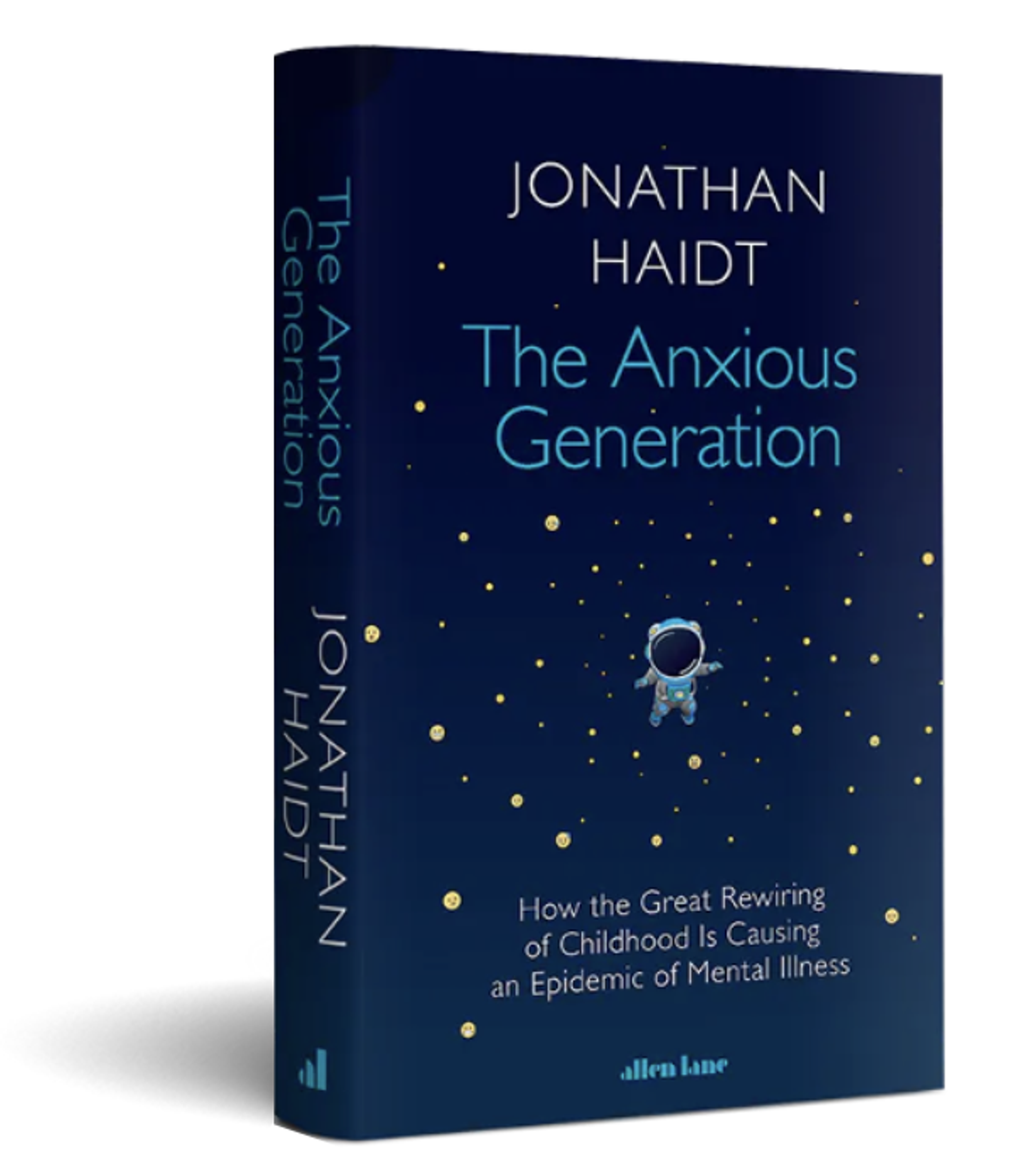Winter Book Club

Chapter 2: What children need to do in childhood
‘Experience, not information, is the key to emotional development. It is an unsupervised, child-led play where children best learn to tolerate bruises, handle their emotions, read other children’s emotions, take turns, resolve conflicts, and play fair.’ (p.53)
I wonder whether there has been a time recently when you have watched children play together over an extended period. When my children were young, I loved long summer days at the beach. They would build expansive sand forts, or even a sand car. They would spend time in the rockpools, making dams and passages to herd the many small fish they found.
It was guaranteed that at some time over the morning, other children would come to join in the games of my little ones. They were usually not families we had met before. It was interesting to watch newcomers test the waters, so to speak, as they assessed whether they would be welcomed and then learn the ‘rules’ of the game. As they became more confident, they might suggest new ideas and contribute to the evolution of the fantasy world they had created.
As they got older, they still ‘played’ but it was different. It looked more like informally organised sports games or involved surfboards and kayaks. It was just as loud and physical as it had been when they were younger. Now they are young adults, they still ‘play’. A couple of years ago, we had a family holiday together. One of them packed the lightsabers, just in case they needed them. I had to send the battle between the Jedi's and Siths outside so there was no damage to the holiday apartment.
I valued the influence that our church community and scout group had on the development of each of my children. As parents, we were supported in the development of our children by the leaders, both other adults and young people. I valued being part of a collective that shared a lot of the same core values and commitment to cultivating them in our children. While each family was different, I knew we would support each other in holding all the children to account for their conduct. We worked together to keep boundaries around them as they had greater freedom especially in their teens.
I appreciated the emphasis in the chapter on the factors that contribute to social learning through childhood and adolescence and the opportunity to reflect on how I have seen some of these play out in the lives of my children.
For those in the Winter Book Club Facebook Group, I would value hearing whether there has been connections for you. If you haven’t joined yet, the link to the group is here.
Jodie Bennett
Principal
